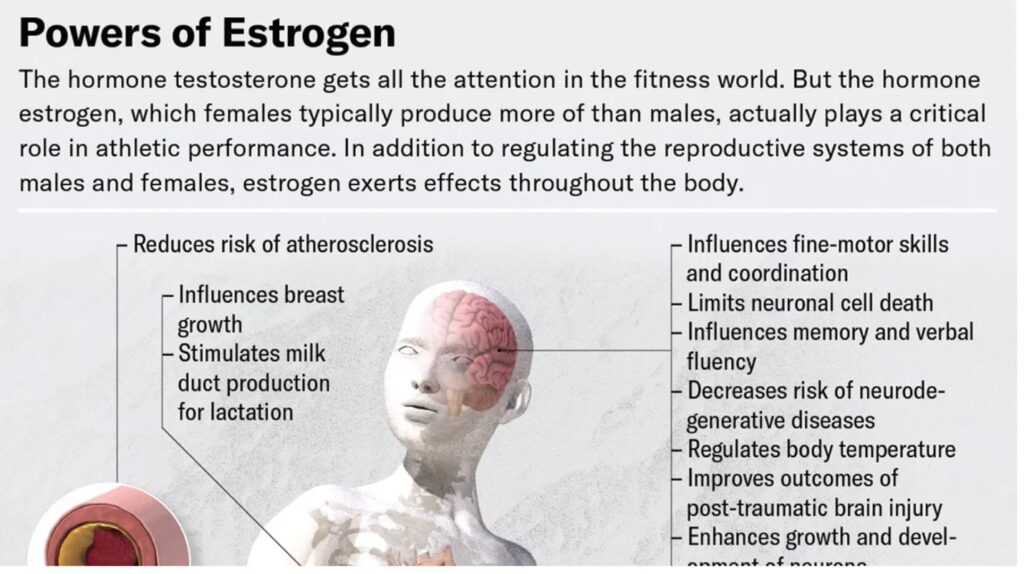Robia Charles, a fellow at CRRC Georgia from January to June 2009, has written a paper to examine determinants of trust in religious institutions in Armenia, Azerbaijan and Georgia – three countries with low levels of religiosity as measured by attendance, prayer and fasting, yet high levels of trust in religious institutions. The analysis employs individual-level survey data from the Caucasus Research Resource Centers’ (CRRC) 2007 Data Initiative and uses advanced statistical techniques to show that while religious practices do not determine trust in religious institutions, the importance of religion in one’s daily life is a strong indicator of trust in religious institutions in each country.
However, the results show some differences between the three countries with regard to two types of control variables-trust in secular institutions and socioeconomic factors. Georgia is the only country in which interpersonal trust is a significant indicator of trust in religious institutions. Residence in the capital is only significant in Azerbaijan. Armenia is the only country in which both education and age are significant.
To read the actual paper, which also tests two theories of trust in institutions, click here.









